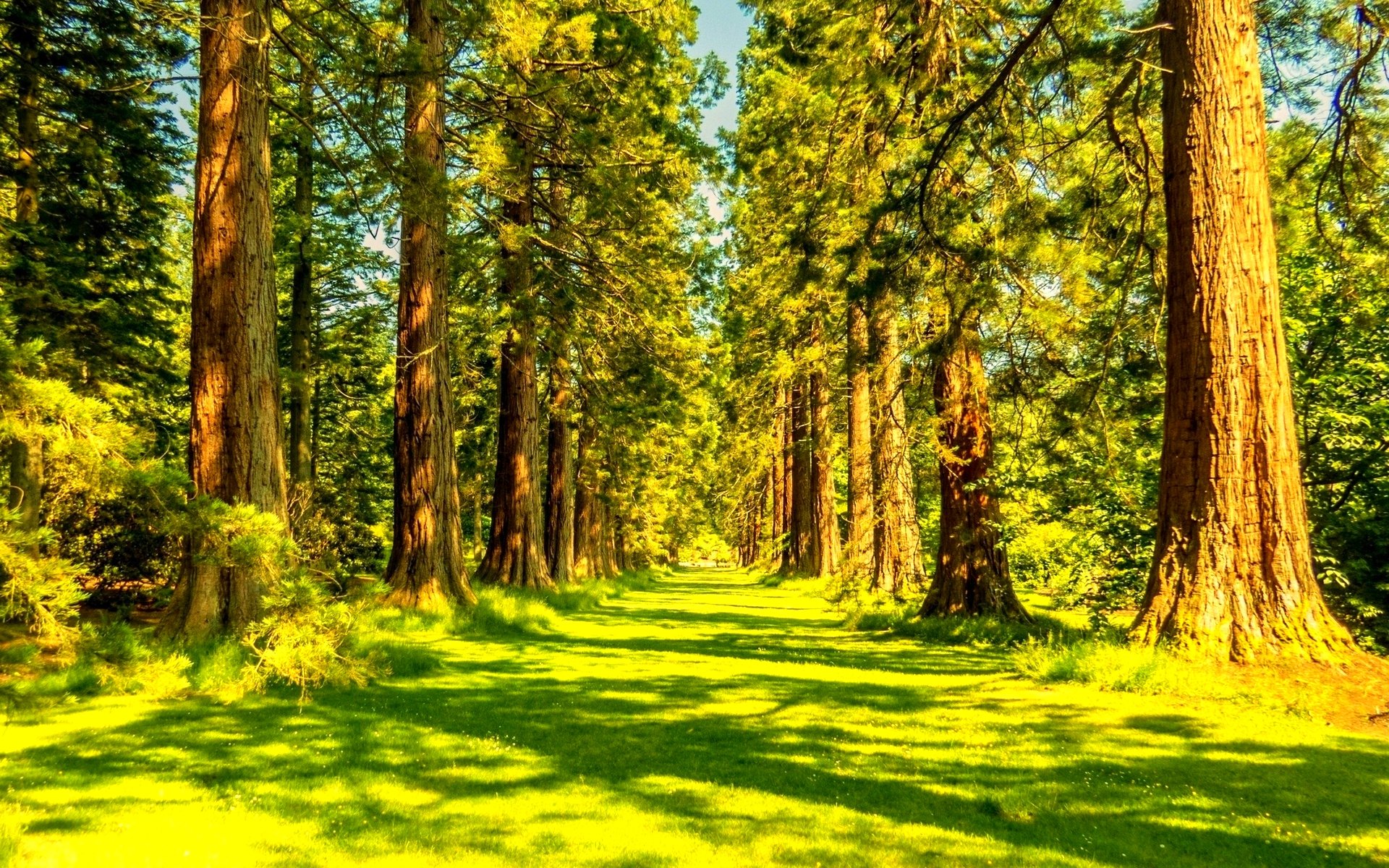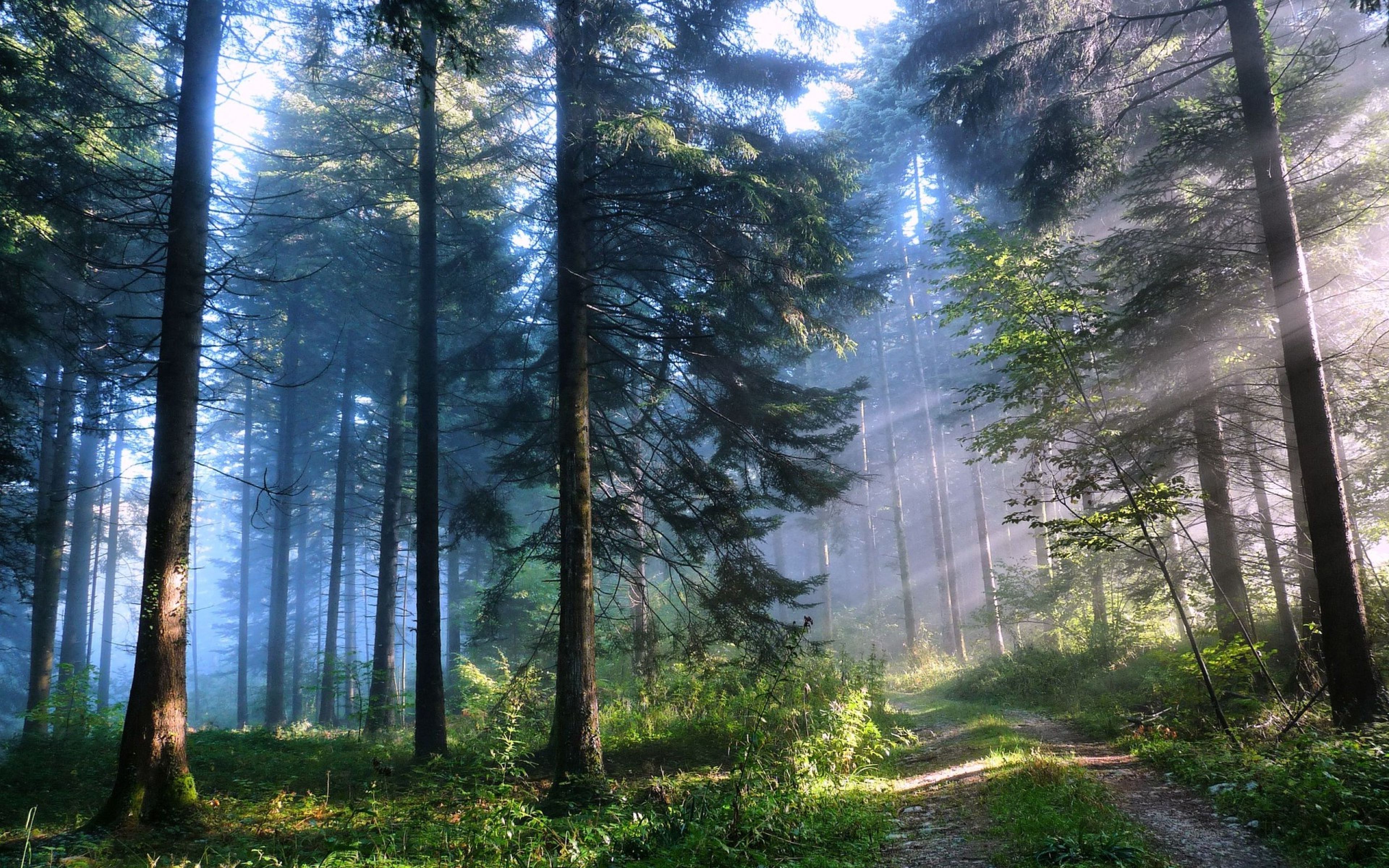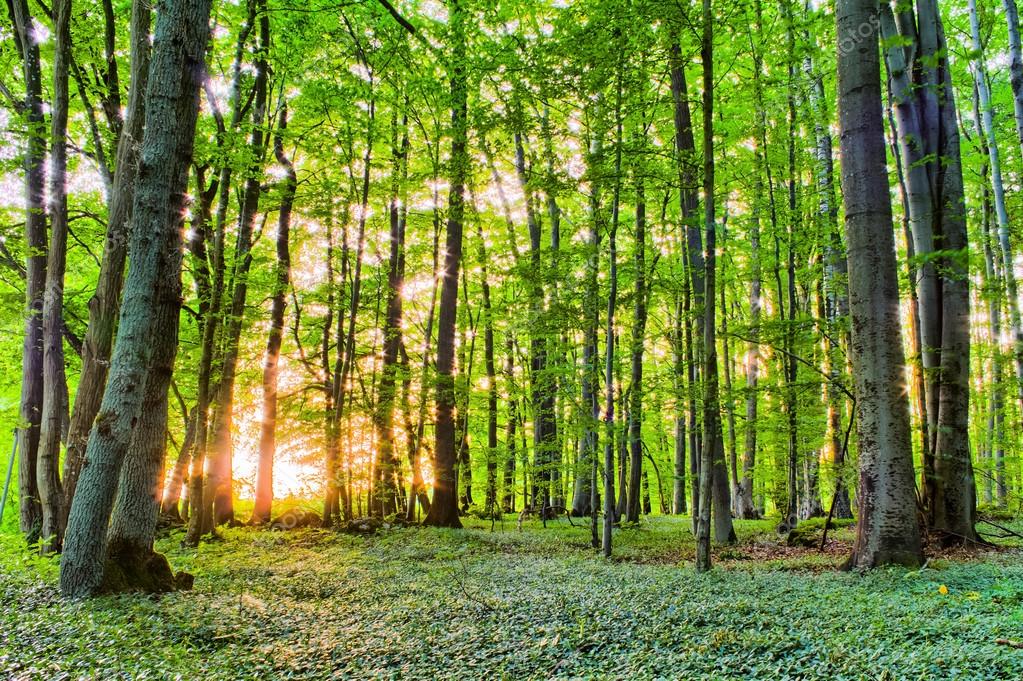Forrest Frank Portland - Making Sense Of Names And Natural Spaces
Have you ever found yourself pausing, maybe just for a second, when you see a name like Forrest Frank Portland, and then you think about a big group of trees? It's a bit puzzling, isn't it? The way words sound can sometimes play tricks on us, making us wonder if we're looking at the right spelling or if there's a different meaning altogether. This kind of mix-up happens more often than you might guess, especially with words that have a like sound but distinct ways of making sense.
When we put thoughts down on paper, or type them out on a screen, getting our point across plainly is, in some respects, really important. It helps everyone understand exactly what we mean. And when it comes to certain words, like the ones that bring to mind someone's name versus a natural outdoor place, there can be a little bit of confusion. We're going to make things plain today, looking at the word that calls to mind a person and the word that describes a green, leafy expanse. They look a bit similar, yet they hold separate ways of understanding, which, you know, makes all the difference.
Whether you're sending a quick note, putting together a longer report, or just having a chat with someone, knowing the right word to use can make your message much clearer. We're talking about words that might seem almost identical at first glance, but actually point to very different things. So, let's get into the heart of this common mix-up and figure out how to put these words down precisely every single time. It's about getting the details right, and that truly helps everyone.
What is the Story Behind Forrest Frank Portland?
When we talk about "Forrest Frank Portland," we are, in a way, pointing to a specific name. This is an example of what we call a proper identifier, something that belongs to an individual person. It’s the kind of word that starts with a capital letter because it’s not just any general thing; it’s a particular one. Many folks get a little tangled up here because there's another word that sounds very much the same but means something entirely different. It’s quite interesting how language works, isn't it?
The core of this discussion, then, centers on how we use words. When you see "Forrest" with two R's, especially as part of a longer name like "Forrest Frank Portland," it’s nearly always referring to someone. This specific spelling, with the extra 'R', has a long history of being used as a first name or a family identifier. It's a good example of how a slight change in letters can completely change the way we understand a word, pointing to a person instead of a place. Basically, it’s all about context and those subtle spelling cues.
We often encounter this kind of spelling puzzle in our daily reading and writing. For instance, think about the very well-known character from a film that came out in the 1990s, based on a book from the 1980s. That character's name, "Forrest Gump," is another perfect illustration of this specific spelling being used for a person. The script for that film was put together by Eric Roth, taking inspiration from Winston Groom's original story. So, you see, when it's a name, that double 'R' is completely correct and, you know, expected.
What are the Key Details of Forrest and Forest?
To truly get a handle on the difference between these two words, "Forrest" and "forest," it helps to lay out their characteristics side by side. One is a personal identifier, a name given to someone, while the other describes a natural place. This distinction, you know, is quite important for putting words down correctly and making sure your message is plain for anyone reading it. It's about recognizing those small but significant variations in spelling.
When we talk about "forest," the one with a single 'R', we are referring to a wide expanse filled with leafy growth and plants. This word points to a thick gathering of trees covering a fairly big stretch of land. It's the kind of place where you might find lots of different kinds of trees, perhaps some animals, and plenty of green things growing. This word can also mean the act of making a spot green with planted saplings, like when someone works to grow more trees in an area. So, it's about the natural world, basically.
On the other hand, "Forrest," with the two R's, is, in some respects, exclusively used as a name. It is not, in any situation, the correct way to spell the word for a big group of trees. If you're talking about a wooded area, you should always go with the single 'R' version. This might seem like a small detail, but getting it right helps everyone understand what you're trying to communicate. It's a common point of confusion, yet, you know, it has a simple answer when you look closely.
Here’s a quick look at how these two words break down:
| Characteristic | "Forest" (single R) | "Forrest" (double R) |
|---|---|---|
| Meaning | A large area covered with trees and plants; to plant trees in an area. | A proper name, typically a first name or family identifier. |
| Part of Speech | Noun (the place), Verb (the action of planting trees). | Proper Noun (a specific person's name). |
| Usage Example | "We walked through the quiet forest." or "They plan to forest the hillside." | "Forrest Gump is a well-known character." or "Forrest Frank Portland lives there." |
| Common Confusion | Often mistakenly spelled with two R's when referring to the natural area. | Incorrectly used to describe a natural area of trees. |
Why Does This Spelling Matter for Clear Writing?
You might wonder, you know, why such a small spelling difference could be such a big deal. Well, getting these words right is, in fact, really important for getting your point across plainly. When you use the correct spelling, your message becomes much easier to grasp, and there's no room for someone to misunderstand what you're trying to say. It helps avoid any little hiccups in communication, which, you know, can sometimes happen when words look or sound alike.
Imagine reading something where the writer keeps mixing up the name of a person with a description of a natural area. It could make the text feel a little bit disjointed, or even make you pause and re-read a sentence to figure out what's going on. This kind of confusion can slow down your reader and make them work harder to understand. So, by being precise with words like "forest" and "Forrest," you're making things smoother for anyone who reads what you've written. It’s about being thoughtful with your word choices.
Putting words down precisely also shows a certain care for your writing. It tells your reader that you've paid attention to the details, and that you respect their time and effort in trying to understand your message. This is true whether you're crafting an email for a colleague, putting together a report for work, or just sharing a story with friends. The little things, like correct spelling, sometimes actually make a big difference in how your message is received. It’s a sign of a good communicator, really.
How Can We Avoid Mixing Up Forrest and Forest in Our Messages?
To keep from getting these two words tangled up, the simplest trick is to always remember that "Forrest," with the two R's, is a name, a proper identifier for a person. Think of someone like Forrest Gump, or perhaps our example, Forrest Frank Portland. When you see or use this spelling, you should automatically connect it with an individual. This simple rule, you know, can clear up a lot of the common mix-ups people experience. It's a pretty straightforward way to keep things straight.
For the natural area filled with trees, always go with "forest," the one with just a single 'R'. This word describes the big, green, wooded places we love to visit or learn about. If you're talking about a collection of trees, or the act of planting them, "forest" is your word. It’s a good idea to create a mental picture of a sprawling, leafy expanse whenever you think of this spelling. This way, you can nearly always pick the right one. It's just a little mental trick that helps.
Another helpful tip is to read your work over, perhaps just a little bit slowly, before you share it. This gives you a chance to catch any little slips in spelling that might have happened while you were writing quickly. Sometimes, our fingers just type what sounds right, rather than what looks right. A quick check can help you spot those small errors and fix them. It's a simple habit, but, you know, it makes a big difference in the clarity of your messages. It’s about being mindful of your words.
What are Some Examples of "Forest" in a Sentence?
When we use "forest" – the word for the natural area – it usually describes a place or an action related to trees. For instance, you might say, "The deer lived deep within the quiet forest." Here, "forest" tells us where the deer made its home, a big area with lots of trees. Or, you could hear someone say, "They went for a long walk through the dense forest, enjoying the fresh air." This shows "forest" as a place people visit and experience. It's pretty clear, actually, that this word points to a natural setting.
We can also use "forest" as a way to talk about the act of planting trees to create a wooded area. For example, "The local group worked to forest the barren hillside, hoping to bring back wildlife." In this situation, "forest" means to cover the land with trees. It's an active word, describing an effort to make a new green space. So, you see, it’s not just a noun for a place; it can also be a verb for an action. It's a versatile word, in some respects, for describing our natural surroundings.
Consider these additional ways "forest" might appear: "The old cabin was surrounded by a thick forest, making it feel very secluded." Or, "Plans were made to protect the ancient forest from further harm." These examples highlight "forest" as a place that can be old, protected, or simply a part of a landscape. It's about a collection of trees, a natural habitat, and, you know, a place that often feels quite peaceful. It’s always about the trees, basically.
What are Some Examples of "Forrest" in a Sentence?
Now, when we use "Forrest" – with the two R's – we are always talking about a person's name. It’s a proper identifier, so it will always begin with a capital letter. For example, "Forrest Gump taught us that life is like a box of chocolates." Here, "Forrest" is clearly the name of the main character in the story. It’s not about a place; it’s about an individual. This is a very clear distinction, you know, that helps us understand the word's purpose.
You might also hear it in a phrase like, "Forrest Frank Portland is known for his community work." In this case, "Forrest" is the first part of a full name, pointing directly to a specific person who does things in their local area. It’s not describing a wooded spot in Portland; it’s naming someone who lives there. This is where the initial confusion might arise for some, but once you remember it's a name, it becomes very simple. It's always about the person, basically.
Think about other ways a name like "Forrest" might appear: "We met Forrest at the coffee shop this morning." Or, "Have you seen Forrest's new painting?" In both of these instances, "Forrest" acts as a personal label, referring to an individual. It never, ever refers to a large collection of trees. So, to be honest, if you are speaking about a person, and their name is spelled with two R's, then you are using it correctly. It's quite straightforward when you think about it.
Why is it Important to Know the Difference for Forrest Frank Portland?
Knowing the distinction between "Forrest" and "forest" is, in a way, really important, especially when you're dealing with specific names like "Forrest Frank Portland." If you were writing about this person, using "forest" with one 'R' by mistake would make it seem like you were talking about a place, not an individual. This could lead to a lot of mix-ups and make your writing appear less precise. It's about showing respect for names and getting the details right, you know.
Imagine if someone wrote an article about "Forest Frank Portland" – it would immediately look a little bit off to anyone who knows the correct spelling of the name. It might even make the reader pause and wonder if the writer really knows what they're talking about. This is why, in fact, being clear with these kinds of words helps build trust with your readers. It shows that you care about accuracy and that you've put thought into your communication. It’s a small thing, yet it carries quite a bit of weight.
Ultimately, getting these spellings right ensures that your messages are plain and easy to grasp. Whether you're referring to a person like Forrest Frank Portland or a beautiful natural area, using the correct word makes sure there's no room for misunderstanding. It helps everyone stay on the same page, and that, you know, is what good communication is all about. It truly is about clarity above all else.
Table of Contents
- What is the Story Behind Forrest Frank Portland?
- What are the Key Details of Forrest and Forest?
- Why Does This Spelling Matter for Clear Writing?
- How Can We Avoid Mixing Up Forrest and Forest in Our Messages?
- What are Some Examples of "Forest" in a Sentence?
- What are Some Examples of "Forrest" in a Sentence?
- Why is it Important to Know the Difference for Forrest Frank Portland?
This discussion has aimed to make plain the difference between "forest" (the natural place with trees) and "Forrest" (a proper name, like in "Forrest Frank Portland" or "Forrest Gump"). We've looked at why this distinction matters for getting your point across plainly, how to tell the words apart, and seen examples of each in use. The main takeaway is that "forest" with one 'R' is for the wooded area, and "Forrest" with two R's is for a person's identifier.
- Yasuri Yamileth
- Carolyn Bessette Kennedy Wedding Pictures
- 表哥茶餐厅
- The Grill Mccordsville Indiana
- Deepika Srk

The Forest

Desktop Background Forest Wallpaper - MAXIPX

Forrest